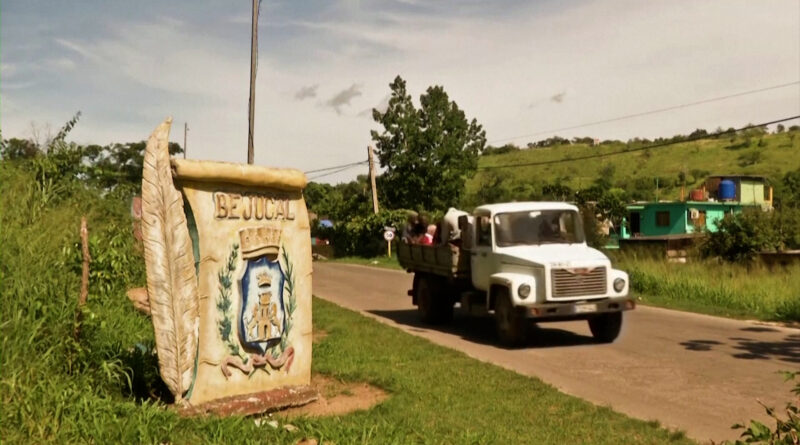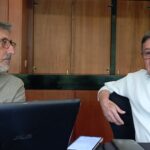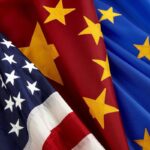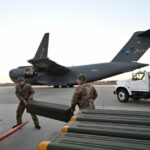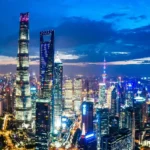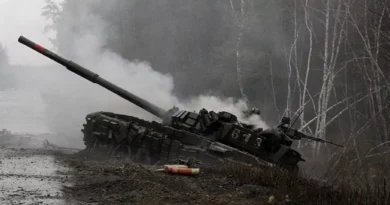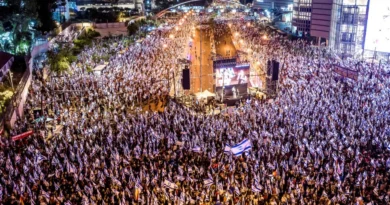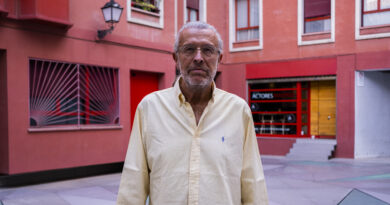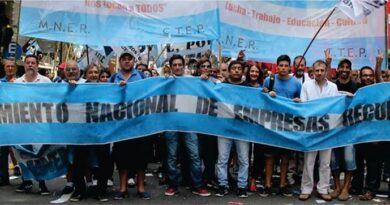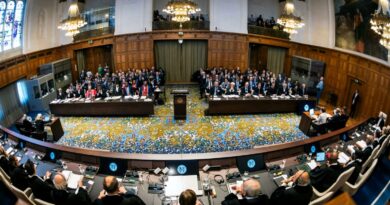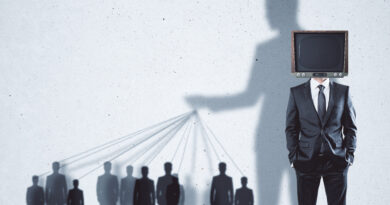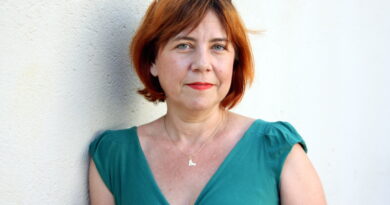Of Chinese bases, crickets, vaccines and nuclear submarines in Cuba
PASCUAL SERRANO
Last June, the US Secretary of State, Antony Blinken, stated that, according to the intelligence information available to them, China was strengthening its infrastructure for data collection in foreign countries, and added more specifically that "the People's Republic China had carried out an upgrade of its intelligence gathering facilities in Cuba in 2019."
The news was spread by The Wall Street Journal, adding that while Secretary of State Antony Blinken was meeting with President Xi Jinping, China was negotiating to establish a military training center in Cuba, which would put thousands of soldiers 90 miles off the coast of Florida..
According to the information, which was completed with a report from the news agency Reuters, the base to which they would be referring from the White House was that of Bejucal, a town located 33 kilometers from Havana, a rural area full of palms and sugar canes. Internet communications are very limited in the area and those who live there are engaged in agriculture.
Getting to the supposed base is very difficult, the road is full of potholes, as it is in the middle of the plantations.
As proof of Blinken's claim, the agency added purported statements from neighbors, whom it identified only by first name. He also referred to some Reuters photos with “several satellite dishes on top of a ridge, above the town. Also a large closed dome of white and rusty metal.”
For his part, the Secretary of State stated that it is believed that this base in Bejucal, some 187 kilometers from Key West, in Florida, is used to intercept electronic communications from Washington, and that it is an issue that has been addressed by the President of the United States, Joe Biden, who has been able to "stop" China's objectives.
all of it was widely reported by US government-funded state media such as La Voz de América.
Both China and Cuba denied the information from the United States. The Cuban Vice Minister of Foreign Affairs of Cuba, Carlos Fernández de Cossio, affirmed: “the American newspaper The Wall Street Journal published on June 8 totally mendacious and unfounded information according to which there is supposedly an agreement between Cuba and China in military matters for the installation of a supposed spy base.”
For his part, Chinese Foreign Ministry spokesman Wang Webin stated: “As is well known, spreading rumors and slander is a common US tactic, and arbitrary interference in the internal affairs of others is also a common US practice. ”, stressing that “the US is the largest hacker empire and surveillance power in the world”.
Shortly after, the Cuban journalist Rosa Miriam Elizalde published in La Jornada, under the headline “The story of the Chinese spies in Cuba”, that the residents of that municipality "have been stunned when the town has appeared in the news as the enclave where Beijing has set up ultra-secret bases to spy on Washington from Cuba, news that has gone around the world", because they "did not They've seen a Chinese in decades."
Elizalde points out that the Reuters photos were limited to showing “a satellite dish in the middle of nowhere, as rusty and incongruous as the crooked sign at the entrance to a supposed military establishment that, according to the locals, has been there all their lives. . In the panoramas there is no police custody, so perhaps someone will try to convince us that the Chinese spies are invisible.
Already in 2005, the then Undersecretary for Arms Control and International Security, Richard Bolton, accused Cuba of being a state that produces biological weapons and a terrorist threat to the United States. One of those centers for the production of biological weapons of mass destruction from which products are prepared with which, shared with other terrorist countries, the American people will be attacked at any moment was the Center for Molecular Immunology in Havana.
At that time, I was in Havana and, since I had never seen a biological weapons center with such a destructive capacity I wanted to visit that place. Contrary to what I imagined, I did not see a massive military presence guarding such a dangerous activity at the entrance, only a few photos of Martí and a bulletin board with his poetry in the hallway. The dangerous scientists were barely thirty years old and had the innocent smile of those who don't seem to be plotting to attack the United States by surprise.
When I start to investigate what is produced in the center I discover that they manufacture erythropoietin, a substance recommended for anemia and immunotherapy to treat cancer. And it seems that I am not the only one who has reached that conclusion because their products are being tested in Italy, Germany, Canada, England and Spain, among many other countries. Even fifty North American companies have expressed interest in their cancer treatments. The previous year, the American pharmaceutical company CancerVax signed a cooperation agreement with them to manufacture in the United States three cancer vaccines from this center for the manufacture of biological weapons of mass destruction, one of them to treat lung cancer. That is, biological weapons, nothing.
In 2016, the United States began to denounce that its diplomatic officials in Havana were suffering from ailments caused by "sonic attacks" by the Cuban government against the building of the United States Interests Section. Apparently, dozens of officials had suffered dizziness, nausea, headache, and mental confusion due a persistent sound of unknown origin in their homes or in the hotel rooms where they were staying. They described all this as "Havana syndrome" and blamed the Cuban government. The State Department cut US personnel in Havana by 60 percent and included its diplomatic delegation in the group of the most dangerous embassies, such as those of South Sudan and Iraq.
However, according to a study by the University of Berkeley, in California, and the University of Lincoln, in the United Kingdom, it was crickets, specifically the song of the Antillean cricket, of the species nurogryllus celerinictus. It is an animal whose song is especially loud and annoying.
Finally, the North American Central Intelligence Agency (CIA) concluded in a report, published by the daily The New York Times, that the mysterious headaches, dizziness and nausea thatsuffered by US diplomats, the phenomenon known as the Havana syndrome, they were not the result of an operation organized by any foreign agent.
For the US agency, most of the more than 1.000 cases reported and of which Washington is aware can be justified by environmental causes, undiagnosed medical conditions or sheer fatigue. The Agency flatly rejects that the mysterious ailment that has attacked US spies and diplomats since 2016 is due to a global campaign carried out by a foreign power.
The recent accusation that a Chinese spy base has been set up in Cuba is just the latest US attempt to create a hostile environment against the island.
However, what is certain is thatn July 5, a nuclear-powered submarine entered Guantánamo Bay and remained until July 8 at the US military base. This has caused the Cuban Foreign Ministry protest for what he considers a provocative escalation by the United States, whose political or strategic motives are unknown.
In a statement from that ministry, it is noted that "the presence there of a nuclear submarine at this time forces us to question what is the military reason for the event in this peaceful region of the world, against what objective it is directed and what strategic purpose it pursues." They also recall that "the 33 nations of the region are signatories to the Declaration of Latin America and the Caribbean as a Zone of Peace, signed in Havana in January 2014."
It is curious, but not surprising, that a non-existent Chinese military base, Cuban sonic attacks confirmed to be caused by crickets, a biological weapons center that ended up being a vaccine factory and, instead, has made headlines around the world. silence a US nuclear submarine on the border with Cuba.
Pascual Serrano He is a journalist and writer. His last book is "Forbidden to doubt. The ten weeks in which Ukraine changed the world”

